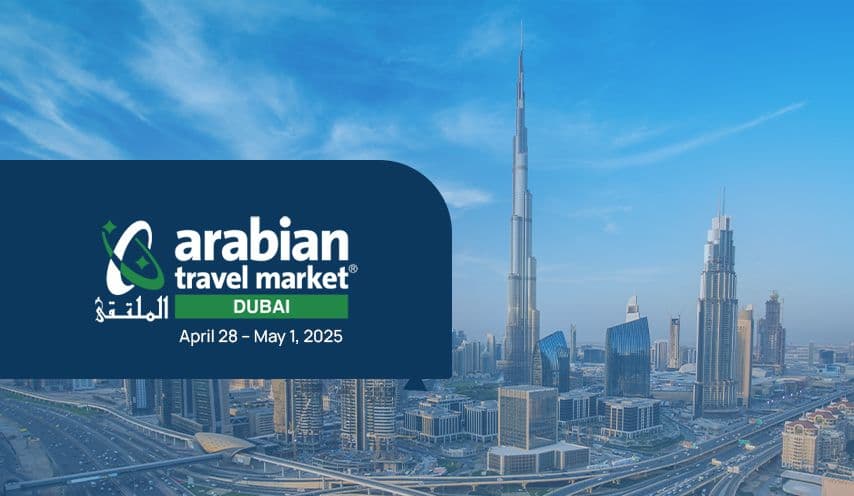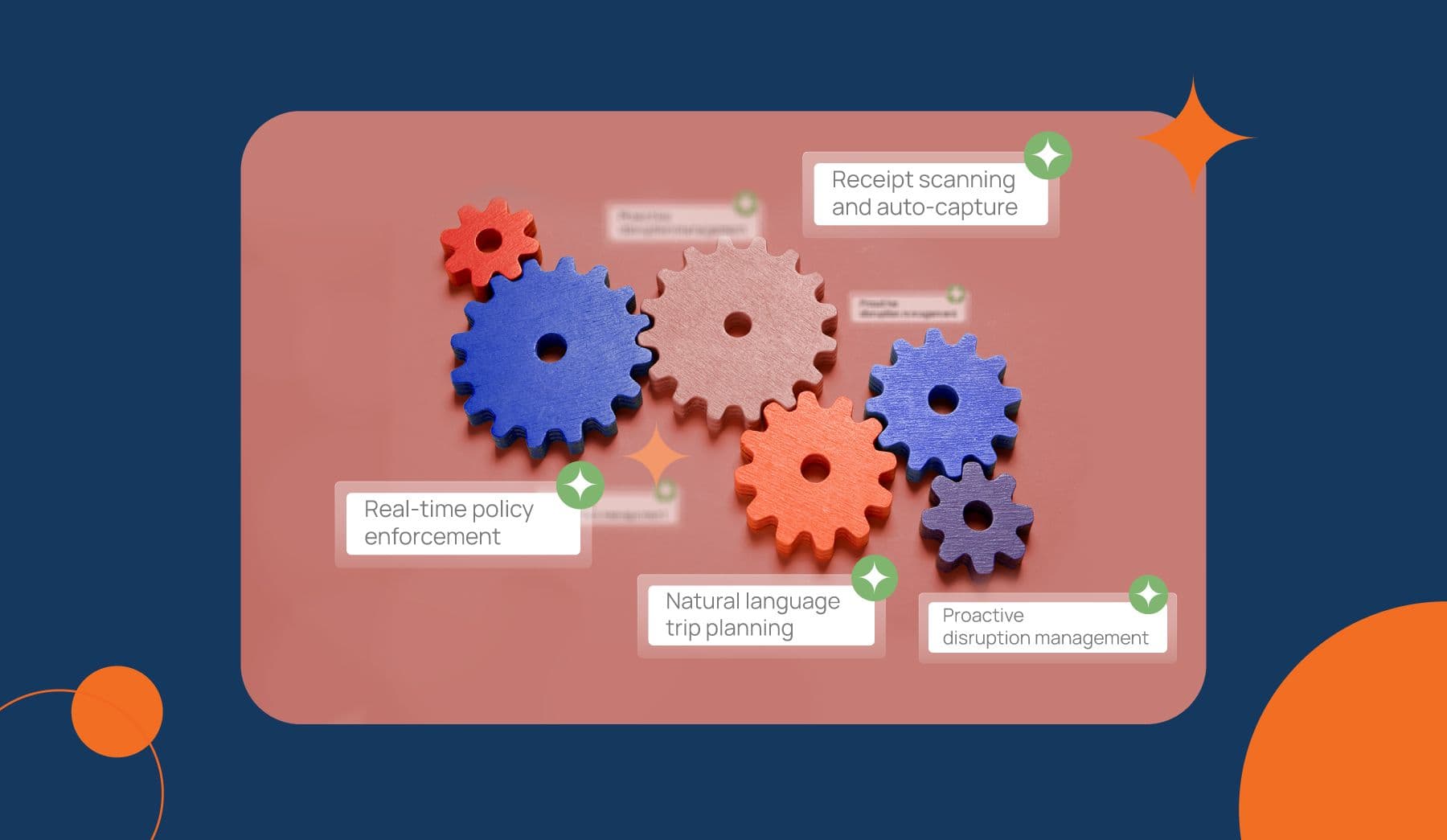The Role of Quality Assurance in Shaping the Future of Travel Technology

In today’s hyper-competitive travel industry, technology is the backbone of customer experience - from seamless flight and hotel bookings to dynamic itinerary management in real time. As travel platforms grow more complex, Quality Assurance (QA) has evolved from a supporting function to a strategic enabler, ensuring reliability, compliance, and frictionless user journeys across every digital touchpoint.
Why QA is Critical in Travel Technology
Modern travel platforms are far more than inventory displays. They integrate with multiple GDSs, NDC channels, OTAs, payment gateways, and ancillary service providers - all in real-time. Even a minor defect in pricing logic, availability checks, or PNR creation can trigger booking failures, financial losses, and customer churn.
According to Deloitte’s 2024 Corporate Travel Study, global corporate travel spending is expected to grow between 8% and 12% year-over-year, as businesses resume in-person meetings and conferences. This surge means systems must handle higher transaction volumes, real-time data synchronization, and multi-channel integrations without downtime. In this context, QA becomes a mission-critical pillar, ensuring scalability, accuracy, and uninterrupted user experiences for both travellers and enterprises.
QA ensures that every layer, from B2C booking engines to B2B APIs, performs reliably across all scenarios, while also aligning with business rules, regulatory requirements, and user expectations.
Key QA Challenges in the Travel Industry
1. Complex Integrations
Travel systems rely on a network of constantly evolving APIs. GDSs, airline NDC feeds, and third-party aggregators often have disparate data formats and update cycles. Testing these integrations demands deep domain expertise and a proactive approach to change management.
2. Dynamic Pricing and Inventory
Fares, hotel rates, and seat availability fluctuate by the second. QA teams must simulate real-world scenarios and validate pricing, availability, and cancellation rules without compromising test data integrity.
3. End-to-End Flow Verification
A typical booking journey spans multiple interconnected modules: search - pricing - booking - payment - ticketing/PNR creation - post-booking services. Ensuring seamless transitions across these touchpoints is crucial to prevent revenue leakage and negative traveller experiences.
Modern QA Practices Transforming Travel Tech
Automation Testing
Automated regression and API test suites using tools like Selenium, RestAssured, and TestNG accelerate releases while maintaining quality across complex travel workflows.
API Testing
Given travel systems’ reliance on APIs, validating request-response accuracy, schema compliance, and cross-system data consistency is non-negotiable.
UI/UX Validation
From mobile apps to web portals, QA ensures the booking experience is intuitive, transparent, and frictionless, even on high-latency networks.
Exploratory Testing
Manual exploratory testing remains vital to uncover edge-case scenarios - for example, unusual multi-city itineraries, special fare rules, or cross-channel inventory discrepancies.
AI-Driven QA
AI is increasingly being leveraged to detect flaky tests, predict high-risk areas, and optimize test coverage, making QA smarter and more proactive.
QA Best Practices for Travel Platforms
- Design domain-specific test cases for flights, hotels, car rentals, and payment workflows
- Build reusable automation frameworks to accommodate frequent API changes and UI updates
- Implement continuous monitoring in production for early anomaly detection
- Prioritize user experience testing, ensuring fast load times, clear booking flows, and minimal friction during payment or cancellations
The Future of QA in Travel Technology
As travel becomes more personalized, AI-driven, and data-intensive, QA will shift from pure defect detection to experience assurance. The next generation of QA will ask not just “Does the system work?” but “Does it delight?”
In travel technology, QA is not just a function, it’s a trust-building mechanism. A rigorously tested platform ensures seamless, error-free bookings and cultivates confidence, enabling travel companies to deliver memorable journeys for millions of travellers worldwide.
Disha Chatterjee
Senior Content MarketerIn this article
1.Why QA is Critical in Travel Technology
2.Key QA Challenges in the Travel Industry
3.Modern QA Practices Transforming Travel Tech
4.QA Best Practices for Travel Platforms
5.The Future of QA in Travel Technology



